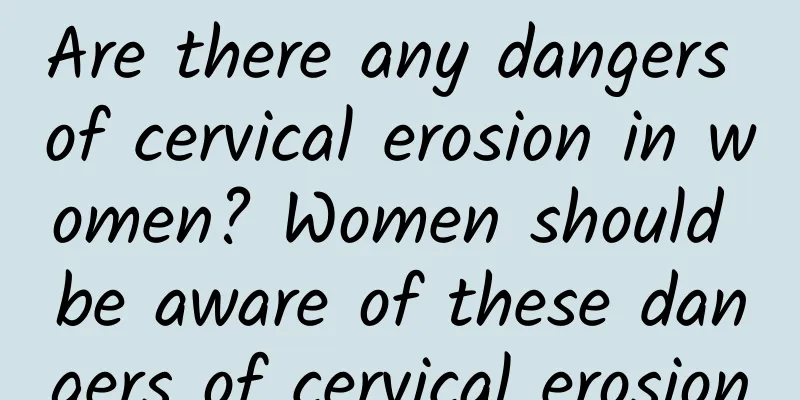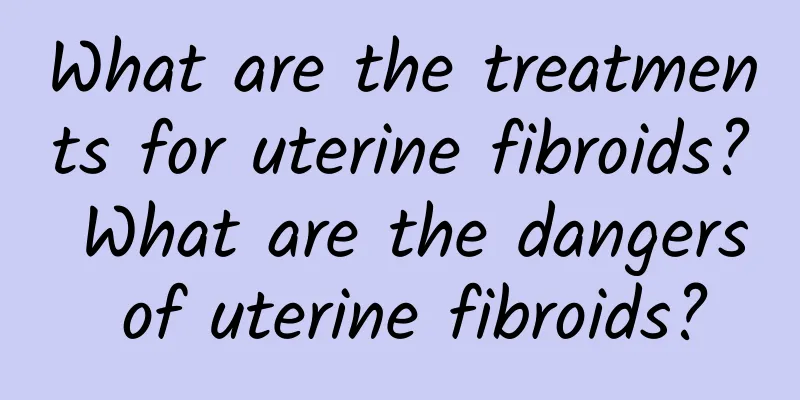What are the causes of habitual miscarriage and what are the treatments?

|
The pain caused by habitual miscarriage is self-evident. If a child cannot be kept after pregnancy, it will have a great impact on a family. Habitual miscarriage is related to the physical constitution of the pregnant woman herself, but some of it is caused by bad habits in daily life. Therefore, we must understand the specific causes of habitual miscarriage in order to make adequate prevention preparations. 1. Causes of habitual miscarriage 5. Artificial abortion can also lead to habitual abortion. Frequent artificial abortions will cause continuous damage to the uterus and easily lead to habitual abortion. 2. Abnormal uterine development should be treated actively. For example, the septate uterus and submucosal uterine fibroids should be removed, and intrauterine adhesions should also be decomposed. Only after the operation can the uterus be relieved to be suitable for embryo implantation, and habitual abortion can be effectively prevented. |
<<: How to achieve a natural abortion after pregnancy? Experts have explained it to you
Recommend
Do you know any prevention methods for ovarian cysts?
What are the prevention methods for ovarian cysts...
What medicines are used for female vaginitis and cervicitis? Vaginitis and cervicitis are recommended to be used in this way
Fungal vaginitis is also called candidal vaginiti...
Mid-Autumn Festival: Enjoy the nutritious and healthy domestic fish
The Mid-Autumn Festival is approaching, and the p...
Dispel the myth of low-fat milk, it is more suitable to drink low-fat milk in these four situations!
A few days ago, Haoshike debunked many myths abou...
What not to eat during menstruation
During menstruation, you should not eat raw, cold...
Which groups are susceptible to ovarian cysts?
Ovarian cysts are a troublesome gynecological dis...
How to treat female cervical hypertrophy
How should women with cervical hypertrophy be tre...
What medicine should I take for lower back pain caused by the growth of uterine fibroids? What should I do if I have severe lower back pain caused by uterine fibroids?
Uterine fibroids are a common gynecological disea...
Is it serious to have uterine fibroids? Is the chance of uterine fibroids getting worse very small?
Among gynecological diseases, uterine fibroids ar...
Early symptoms of hyperprolactinemia in women
What are the early symptoms of hyperprolactinemia...
Let's take a closer look at the dangers of painless abortion
Painless abortion is a choice for many people in ...
How to reduce the incidence of ovarian cysts
Gynecological diseases have always been a worry f...
Can eating a banana before exercise harm your heart? Will eating bananas after exercise make you fat? Sports nutritionists help you break 4 myths
For people who exercise, do bananas look like &qu...
Food method after congenital vaginal phototherapy surgery
What is the postoperative diet for congenital abs...
How to treat ovarian cysts surgically
How are ovarian cysts treated surgically? Ovarian...









